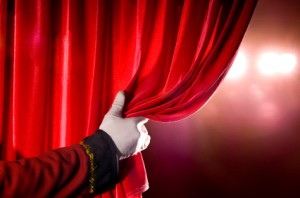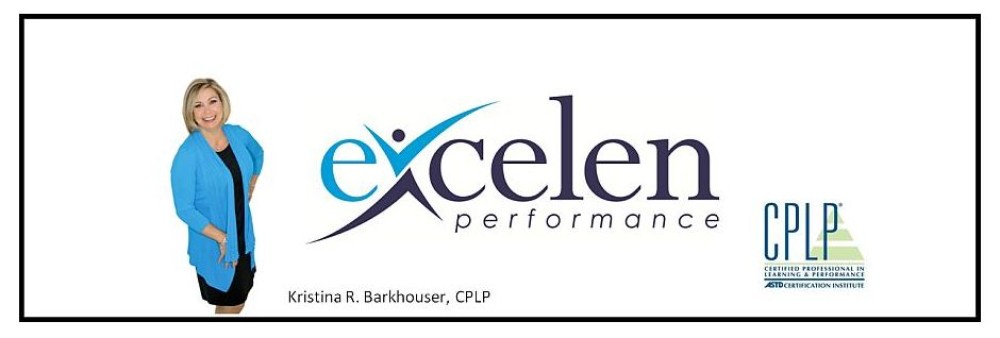With dance recital season in full swing, there has been much activity “onstage” and even more “backstage”. However, this concept doesn’t just exist in the world of dance and theater, it’s in every business.
I first read about this concept in the book “Lessons from the Mouse” by Dennis Snow. It’s about the secrets of success at Disney World. Disney has a concept called “behind the magic”. Guests are never to see or hear what goes on behind the magic. You don’t see Snow White taking a smoke break or hear Mickey Mouse complaining about how hot it is and how he hasn’t had his break yet. Guests are entitled to the “onstage” experience. Disney looks great onstage because of what is kept behind the curtain … the stuff customers don’t want to know about. Seeing or hearing backstage activity spoils the onstage experience for customers.
This happens in lots of customer service situations. Have you ever approached a cash register or service counter only to feel like you were imposing on someone? Have you had a service provider focus more on a task he or she was completing than acknowledging your presence as a “valued” customer? Then there are co-worker interactions that happen at the expense of customer interactions. We’ve all experienced this many times in the check-out line, handing over hard-earned money to a cashier who is completely engaged in conversation with a co-worker while ignoring us as customers.
Here are a few more examples of backstage invasions:
- Employees eating in front of customers
- Employees messing with cell phones
- Employees complaining to a customer about another department or employee
- Employees who have their two-way radios turned up so high that everyone in the store is exposed to their backstage business
- Employees allowing filing or other work to take precedence over acknowledging customers
- Closet doors or store rooms left open, or customer areas crowded with boxes
- Overhearing negative employee comments about the company, eagerness to take a break or get off work, or annoyance with a previous customer
Every industry can benefit from a discussion of onstage vs. backstage behavior. Determine how the onstage show should look, sound and feel for your business, and then train employees to keep backstage operations behind the curtain!
